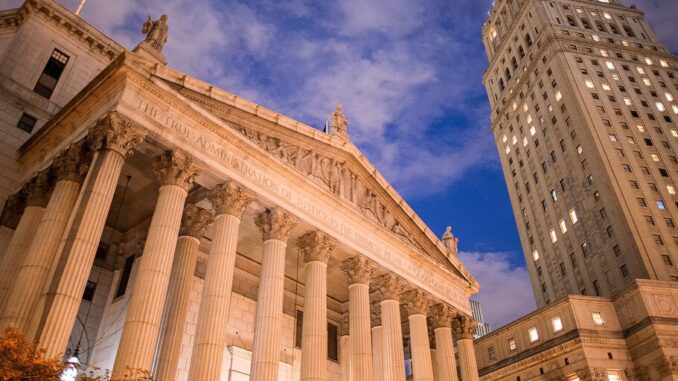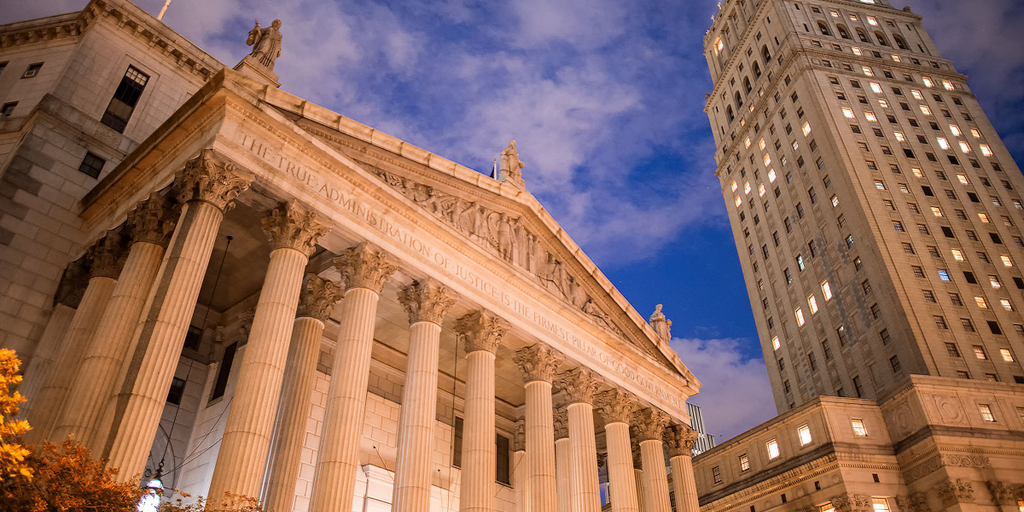
[ad_1]

In a high-stakes ruling for the crypto industry, U.S. District Judge Jed Rakoff on Monday denied Terraform Labs’ motion to dismiss the securities fraud lawsuit filed against it by the Securities and Exchange Commission. The decision allows the SEC’s case against Terraform Labs and its founder Do Kwon to move forward, rejecting defense arguments that the agency lacked jurisdiction and that Terraform’s TerraUSD stablecoin did not qualify as an unregistered security.
Crucially, Rakoff declined to extend reasoning from a recent court decision in favor of Ripple Labs to the Terraform case.
In the Ripple case, a different judge found that Ripple’s XRP token sales to retail investors did not violate securities laws because those buyers purchased on secondary markets. But Rakoff said this “distinction between purchasers” does not apply under the legal Howey test that governs whether crypto assets are securities.
“Howey makes no such distinction between purchasers, and it makes good sense that it did not,” Rakoff firmly stated. “The court declines to draw a distinction between these coins based on their manner of sale.”
Indeed, the judge said the pitch from Terraform Labs was bold and broad.
“The defendants’ embarked on a public campaign to encourage both retail and institutional investors to buy their crypto assets by touting the profitability of the crypto assets and the managerial and technical skills that would allow the defendants to maximize returns on the investors’ coins,” he wrote. “Simply put, secondary-market purchasers had every bit as good a reason to believe that the defendants would take their capital contributions and use it to generate profits on their behalf.”
Judge Rakoff’s 50-page opinion represents a significant victory for the SEC as it ramps up enforcement actions against crypto companies it alleges engaged in unlawful token sales. The judge held that the collapse of TerraUSD, which lost its dollar peg and plunged in value last year wiping out $40 billion, made it “plausible” the token was a security that should have been registered.
Rakoff also rejected Terraform’s argument that the SEC lacked authority to regulate stablecoins without explicit Congressional authorization, asserting that crypto qualified as a significant enough issue to warrant application of the “Major Questions Doctrine.” While acknowledging the doctrine limits agency overreach into major political issues, the judge ruled it does not apply to the crypto asset markets.
“The crypto-currency industry, though certainly important, falls far short of being a ‘portion of the American economy’ bearing ‘vast economic and political significance,’ Rakoff wrote, noting that industries like energy and tobacco do have special protection.
On the fraud charges, Rakoff said the SEC provided enough evidence Terraform and Kwon “had a motive to mislead investors about the utility of their crypto-assets” on allegations they fabricated adoption data.
Likewise, on the securities registration issues, Rakoff ruled the SEC “pled sufficient facts” to plausibly allege Terraform unlawfully offered and sold unregistered securities. The SEC contends the UST token and related protocol constituted an unregistered investment security.
“Crypto lending platforms and other intermediaries need to comply with our time-tested securities laws,” SEC Chair Gary Gensler has previously said. “Doing so best protects investors. It promotes trust in markets. It’s not optional. It’s the law.”
The lawsuit now proceeds to the discovery phase unless dismissed on appeal or settled. The SEC is seeking disgorgement of ill-gotten investor funds in addition to civil penalties.
Editor’s note: This story was drafted with Decrypt AI from sources referenced in the text, and fact-checked by Ozawa.
Stay on top of crypto news, get daily updates in your inbox.
[ad_2]
Source link




